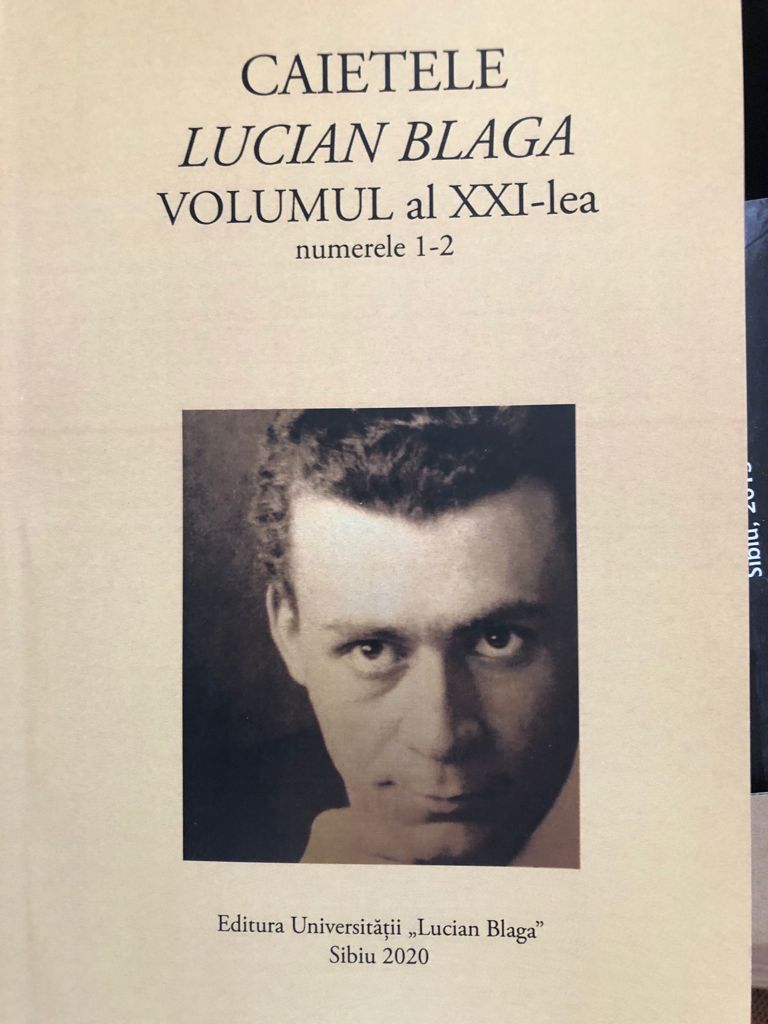THE USE OF THE PAST TENSES IN EUROPEAN PORTUGUESE BY SLOVENE STUDENTS: THE CAUSES OF POSSIBLE DEVIATIONS
THE USE OF THE PAST TENSES IN EUROPEAN PORTUGUESE BY SLOVENE STUDENTS: THE CAUSES OF POSSIBLE DEVIATIONS
Author(s): MOJCA MEDVEDŠEK, BLAŽKA MÜLLERSubject(s): Language and Literature Studies, Romanian Literature
Published by: Editura Universitatii LUCIAN BLAGA din Sibiu
Keywords: Past tenses; European Portuguese; Slovenian; deviations; temporal and aspectual values; analysis;
Summary/Abstract: The analysis presented in this article aims to ascertain what conditions of use imply deviations in the use of the Past tenses in European Portuguese (PPS, PPC, PI, PMQC) by Slovene learners of Portuguese, A2-B1 level (QECRL), trying to find explanations for its occurrence. The analysis shows the contrast between European Portuguese and Slovenian language in the domain of the Past tenses in terms of tense and aspect, describes the most frequent and evident deviations in a corpus, consisting of the various genres of texts, worksheets, completed by the students. Several presumptions were verified in the qualitative analysis. Among them, the deviations are in most cases due to the fact that in the sphere of the past, the Slovene language is operating with only one paradigm of the past sphere, the preteklik (Past tense), which is supposed to mark all the temporal and aspectual nuances of four Portuguese past tenses of the Indicative. The article tries to underline the different way of marking time and aspect in the respective languages and therefore the students’ difficulties in the perception of temporal and aspectual perfect / imperfect conceptualization.
Journal: Caietele Lucian Blaga
- Issue Year: XXI/2020
- Issue No: 1-2
- Page Range: 211-225
- Page Count: 15
- Language: English

